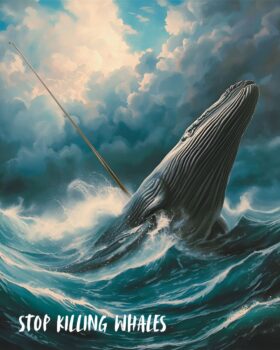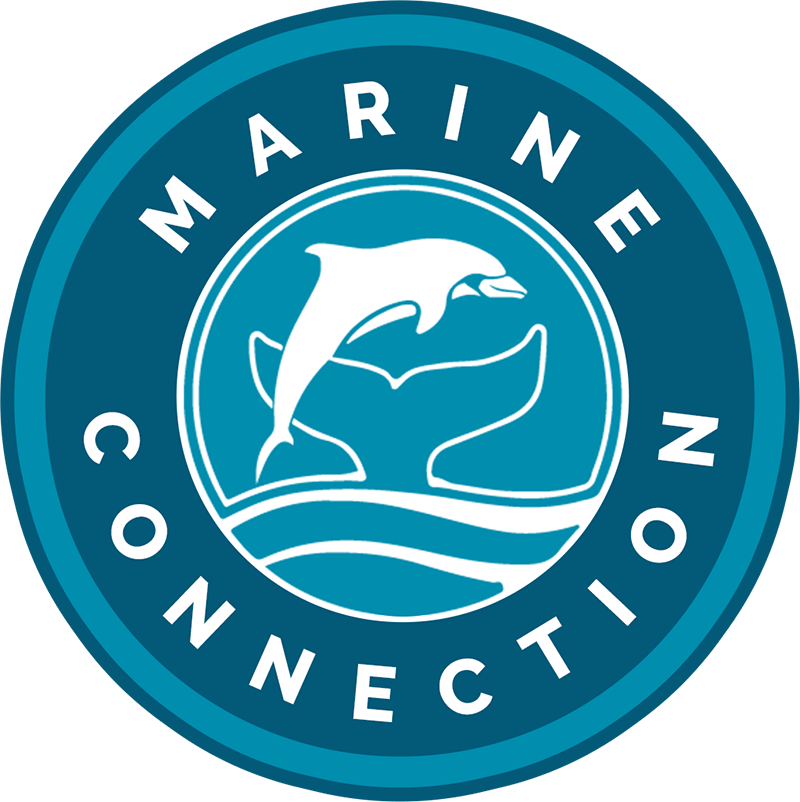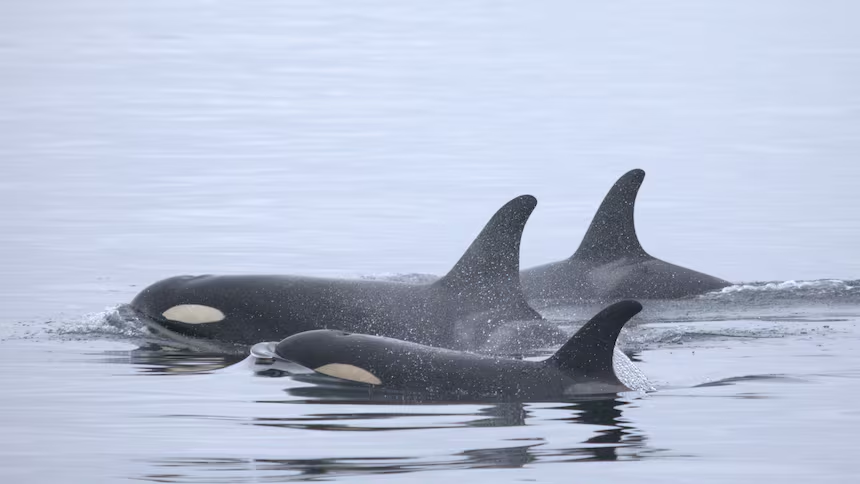
Commercial Whaling: A Cruel Practice That Still Continues
In 1986, the International Whaling Commission (IWC) implemented a global ban on commercial whaling to protect whale populations from extinction. Yet today, several countries continue to defy this ban, killing hundreds of whales each year despite overwhelming scientific, ethical, and public opposition.
Japan, Norway, and Iceland are among the nations that still hunt whales — exploiting legal loopholes or outright rejecting the IWC’s authority. These hunts often involve explosive harpoons, causing immense pain and suffering. In many cases, whales do not die instantly and may endure prolonged agony before death.
ICELAND
Iceland’s only whaling company, Hvalur hf., resumed hunting in June 2022 after a two-year pause, killing 148 fin whales by late September of that year. Their license to whale expired in 2023, and the company has since applied for an indefinite license. A 2023 report by Iceland’s Food and Veterinary Authority (MAST) exposed the extreme cruelty involved in the hunts, including instances where whales took over an hour to die after being shot with explosive harpoons. Some whales were shot multiple times, and in one documented case, a whale was chased for five hours but not caught. The report confirmed that there is no humane way to kill a whale at sea. In April 2024, Hvalur hf. announced it would not engage in whaling this year, citing global economic challenges as the reason. While this pause will spare many whales, the company plans to review the situation again in 2026. Despite the ongoing practice, less than 2% of Icelanders consume whale meat, with tourists—often under the impression that they’re sampling a traditional delicacy—making up most of the demand. Around ten shops in Iceland sell whale meat, including one in Reykjavík that offers smoked whale, and much of the country’s whale meat is exported to Japan, where demand remains significantly higher.
JAPAN
In 2019, Japan withdrew from the International Whaling Commission (IWC) to resume commercial whaling within its territorial waters, though it continues to hold observer status, signalling ongoing openness to international dialogue. Before leaving the IWC, Japan’s so-called “research hunts” in the Antarctic and Northwest Pacific were widely seen as a cover for commercial whaling, with most whale meat sold in restaurants and supermarkets. In 2023, Japan caught 294 whales, including minke, Bryde’s, and sei whales. In 2024, Japan added fin whales to its list of commercially hunted species, setting a combined catch quota of 379 for minke, Bryde’s, and sei whales in the same year. Japan’s 2025 whaling quota was set at 413 whales: 60 fin whales, 144 minke whales, 153 Bryde’s whales, and 56 sei whales. The season concluded in early December with the return of the whaling vessel Kangei Maru to Shimonoseki. By the end of the season, Japan had taken its full quotas of fin whales (60) and Bryde’s whales (143), while 35 sei whales and 55 minke whales were killed, both below their respective quotas. The 2026 whaling season is expected to begin around April.
NORWAY
Norway continues to conduct commercial whaling despite falling demand, with whale meat still sold in shops and tourist locations. Nearly 15,000 minke whales have been hunted since 1993, and recent annual catches have typically been between 414 and 580 whales. Quotas have risen, from 1,000 in 2023 to 1,157 in 2024 and 1,406 in early 2025, when 428 whales were taken by 10 vessels. The practice persists even amid international criticism and shifting global views on whale conservation.
Whales are intelligent, social beings who form deep emotional bonds. Causing them suffering through whaling is unnecessary and inhumane.



